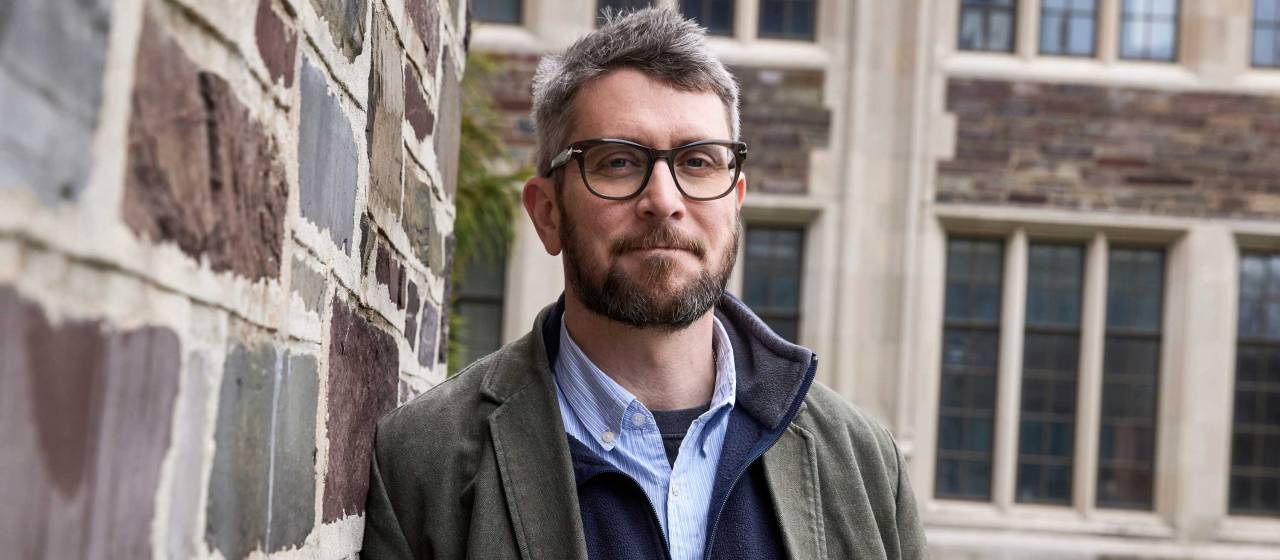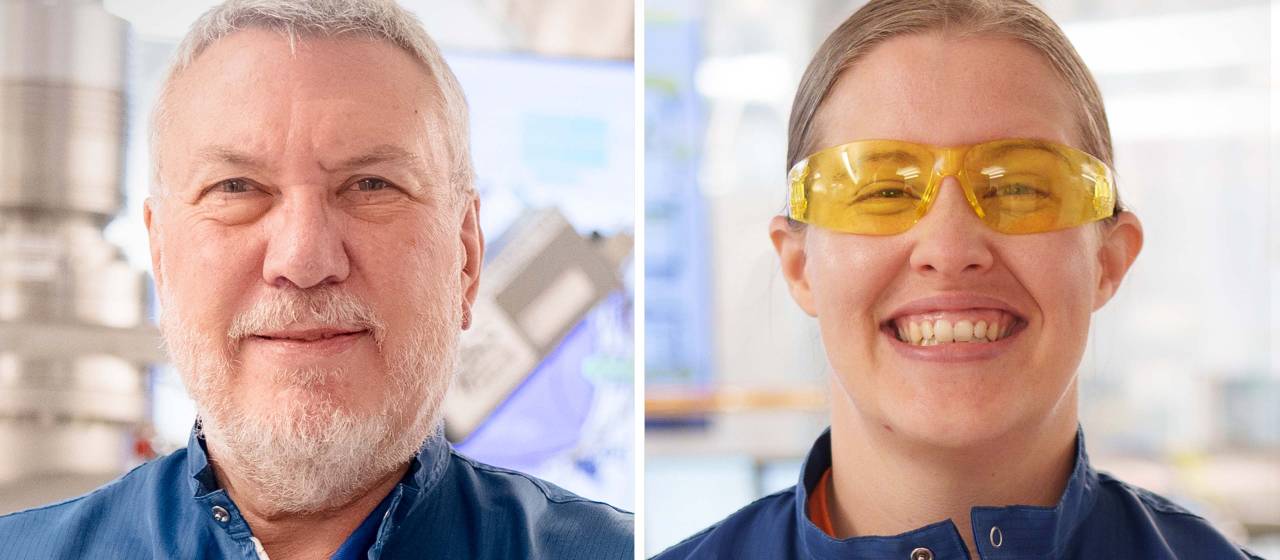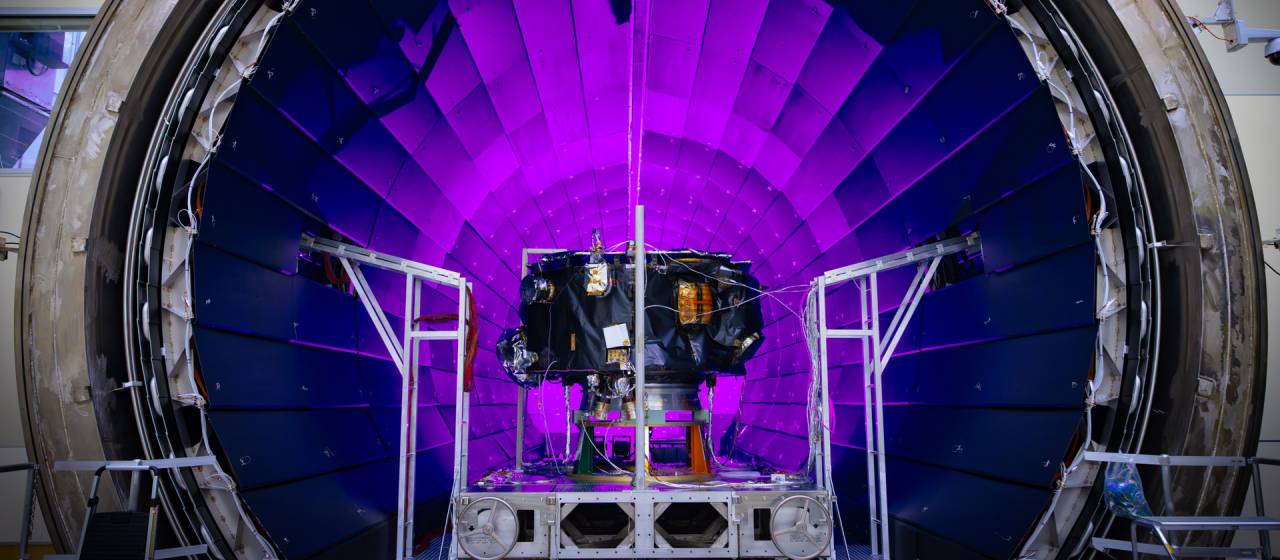Bioengineer Clifford Brangwynne wins Keio Medical Science Prize
Princeton bioengineer Clifford Brangwynne has been named a 2025 Keio Medical Science Prize Laureate for his discovery of liquid-liquid phase separation in cells. Japan’s Keio University awards the prize annually to honor contributions in medicine and life sciences.
Phase separation, such as oil droplets separating from water, has long been harnessed in chemistry and industrial processes. Brangwynne and his colleagues found that such separation also occurs in cells, the prize committee noted. This discovery has opened up a new field of cell biology, revealing the critical roles of phase separation in gene regulation and in cancer and neurological disorders.
“This groundbreaking finding overturned the conventional belief that all structures inside cells are enclosed by membranes, rewriting the very textbooks of biology,” Keio University wrote in its citation for the award.
Brangwynne, the June K. Wu ’92 Professor of Chemical and Biological Engineering and director of the Omenn-Darling Bioengineering Institute, is the first Princeton faculty member to receive the Keio Prize, which was launched in 1996. It is the only prize of its kind awarded by a Japanese university, and 12 Keio Laureates have later won the Nobel Prize.
He will accept the award during a ceremony in Tokyo on Nov. 4 and deliver a lecture along with fellow recipient Akiko Iwasaki of Yale School of Medicine, recognized for advancing understanding of human immunity to COVID-19.
Brangwynne first published his findings on phase separation in cells in 2009, as a postdoctoral researcher with Anthony Hyman of the Max Planck Institute of Molecular Cell Biology and Genetics. He joined the Princeton faculty in 2011 and has made seminal contributions merging cell biology with materials science.
He has pioneered the study of biomolecular condensates, collections of proteins and other molecules that assemble through phase separation, rather than being enclosed by biological membranes. His laboratory, in collaboration with colleagues at Princeton and elsewhere, has developed tools such as optoDroplet, which allows researchers to manipulate the phase separation process in living cells, and has discovered how condensates regulate the activity of genes and help explain the protein aggregates that impair the nervous system in conditions like amyotrophic lateral sclerosis (ALS).
“I’m honored to receive the Keio Medical Science Prize in recognition for my contributions to elucidating phase separation as a fundamental mechanism underlying intracellular organization,” said Brangwynne. “Many dozens of different biological processes are now understood to be influenced by such phase transitions, and we’re excited that efforts to modulate intracellular phase behavior are central to emerging therapeutics for treatment of devastating diseases.”
Brangwynne earned his undergraduate degree in material science and engineering from Carnegie Mellon University in 2001 and his Ph.D. in applied physics from Harvard University in 2007. He then completed his postdoctoral training at the Max Planck Institute of Molecular Cell Biology and Genetics and the Max Planck Institute for the Physics of Complex Systems before joining the Princeton faculty in 2011. He is the founding director of the Omenn-Darling Bioengineering Institute, launched in 2023. Brangwynne has also founded a company, Nereid Therapeutics, that seeks to develop novel treatments for diseases based on phase-separation technologies developed in his Princeton laboratory.
His other honors and awards include a National Institutes of Health Director’s New Innovator Award, Searle Scholar Award, National Science Foundation CAREER Award and Sloan Research Fellowship. In 2018, he became a Howard Hughes Medical Institute Investigator and a MacArthur Fellow. In 2021, he received the Blavatnik National Award in Life Sciences, followed by the Tsuneko and Reiji Okazaki Award, and in 2023 was awarded the Breakthrough Prize for Life Sciences and the Dickson Prize in Medicine.
















